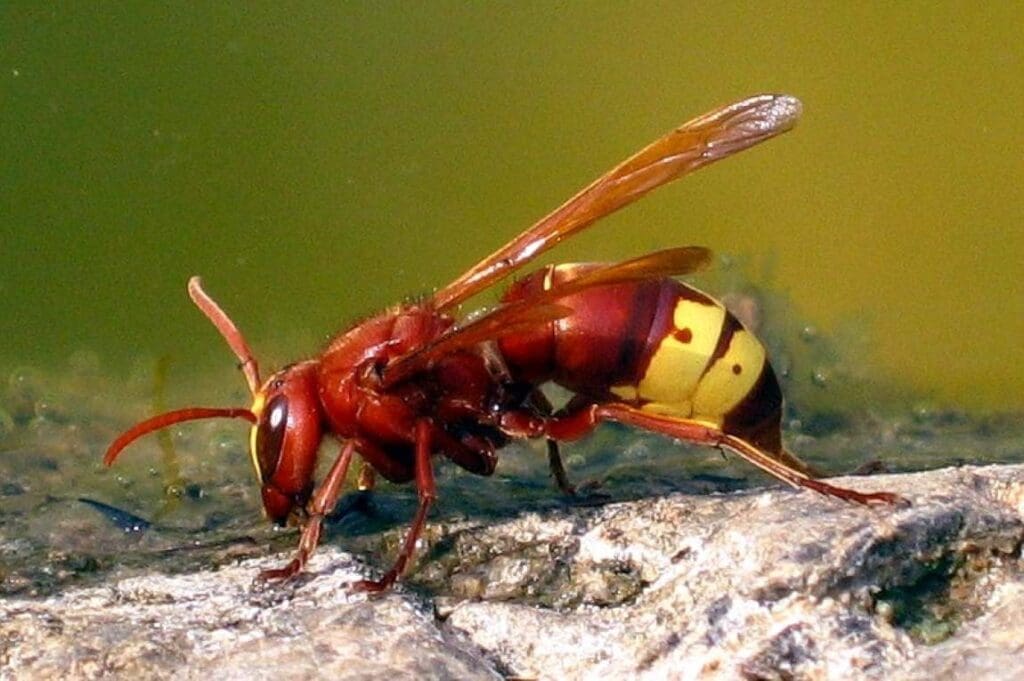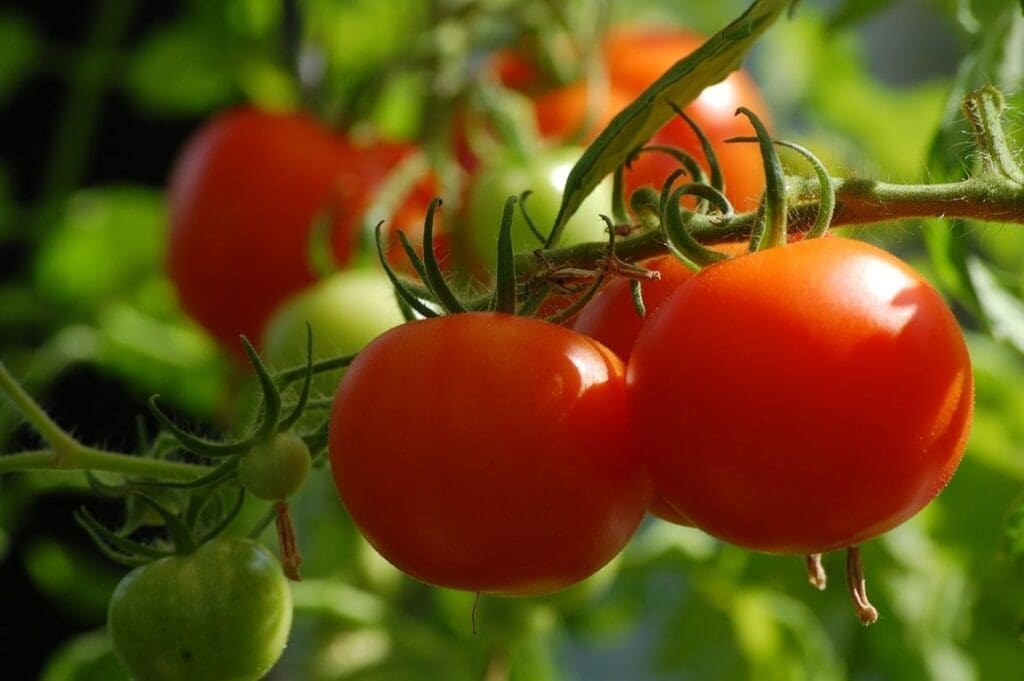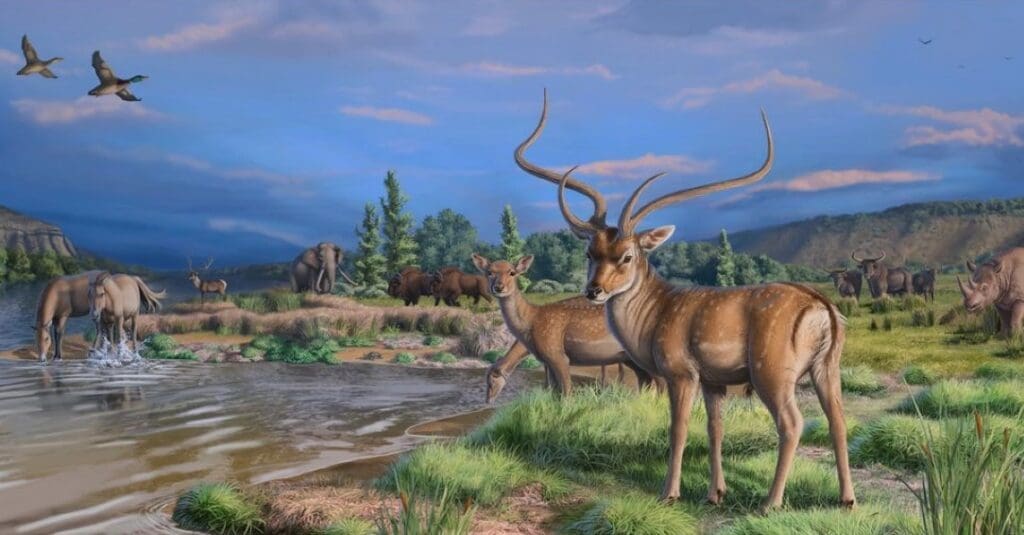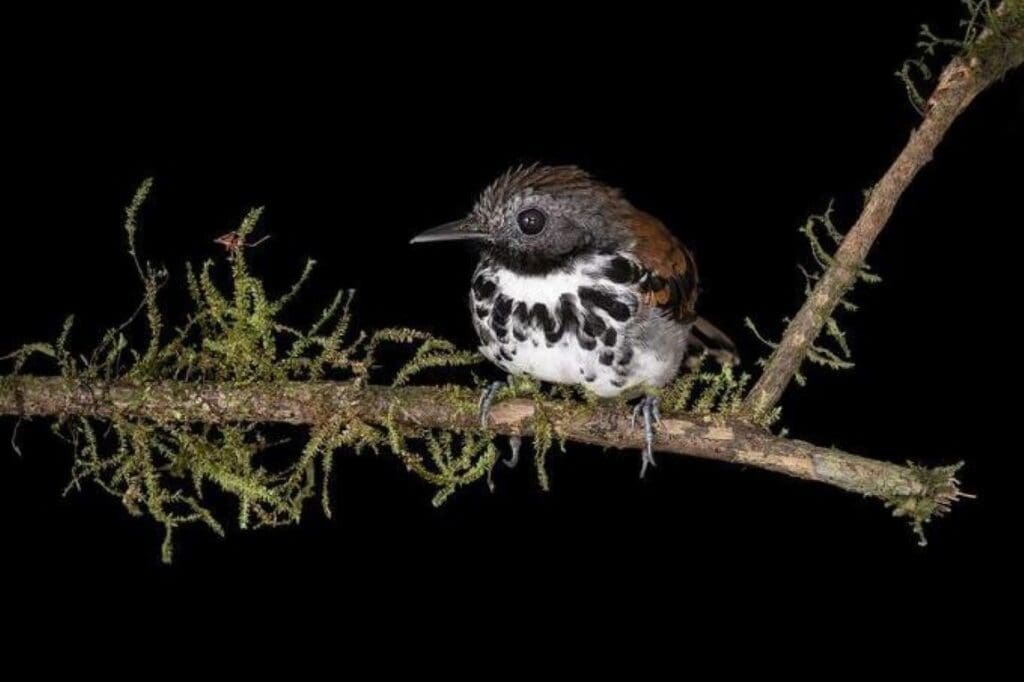Research highlights gaps in EU’s sustainable finance frameworkNews SourceNovember 13, 2024
Full article
SourceNovember 13, 2024
Full article
Research highlights gaps in EU’s sustainable finance framework
The EU’s sustainable finance framework urgently needs to expand. In its current form, the taxonomy will not meet the Paris Climate Agreement target of limiting…
Muser Press – New Research Articles Week 45, 2024Science Muser NewsDeskNovember 10, 2024
Full article
Muser NewsDeskNovember 10, 2024
Full article
Muser Press – New Research Articles Week 45, 2024
Global mountain snow cover shows uneven decline amid rising temperatures A new analysis of mountain snow cover using ERA5-land data reveals a complex pattern of…
What wasps can teach humans about surviving high alcohol consumptionScience Adrian AlexandreNovember 10, 2024
Full article
Adrian AlexandreNovember 10, 2024
Full article
What wasps can teach humans about surviving high alcohol consumption
On a warm summer evening, humans enjoying a drink outdoors might share their glass with an unlikely visitor - a wasp. While most animals, including…
Heartier Heinz? How scientists are learning to help tomatoes beat the heatScience SourceNovember 9, 2024
Full article
SourceNovember 9, 2024
Full article
Heartier Heinz? How scientists are learning to help tomatoes beat the heat
PROVIDENCE, R.I. | Brown University - By studying tomato varieties that produce fruit in exceptionally hot growing seasons, biologists at Brown University identified the growth…
Climate Science Digest: November 8, 2024Science Muser NewsDeskNovember 8, 2024
Full article
Muser NewsDeskNovember 8, 2024
Full article
Climate Science Digest: November 8, 2024
Unexpected measurements from ‘lost’ Seaglider reveal warming impact on Antarctic ice shelf Gillian Damerell (formerly UEA) preparing to deploy the Seaglider Marlin with the Ross…
Ancient ocean currents offer clues to Earth’s Ice Age cyclesNewsScience Adrian AlexandreNovember 8, 2024
Full article
Adrian AlexandreNovember 8, 2024
Full article
Ancient ocean currents offer clues to Earth’s Ice Age cycles
About a million years ago, Earth’s ice age cycles underwent a dramatic shift, marking what scientists call the Mid-Pleistocene Transition (MPT). This period has long…
Climate Science Digest: November 7, 2024NewsScience Muser NewsDeskNovember 7, 2024
Full article
Muser NewsDeskNovember 7, 2024
Full article
Climate Science Digest: November 7, 2024
New fungal spore calendar offers crucial aid for allergy and asthma sufferers Researchers in Leicester have created England's first comprehensive fungal spore calendar, a tool…
Microplastics found to shape cloud formation, potentially altering weather patterns and climateScience Muser NewsDeskNovember 7, 2024
Full article
Muser NewsDeskNovember 7, 2024
Full article
Microplastics found to shape cloud formation, potentially altering weather patterns and climate
Penn State researchers have revealed that microplastics may be influencing the way clouds form, with potential implications for weather patterns, climate models, and even aviation…
Climate change driving ‘record threats to health’: reportNews SourceOctober 30, 2024
Full article
SourceOctober 30, 2024
Full article
Climate change driving ‘record threats to health’: report
By Daniel Lawler | AFP Paris, France - Climate change poses a growing threat to human health in a variety of record-breaking ways, a major…
Baku Ocean Declaration in advance of UN Climate ConferenceNews SourceOctober 29, 2024
Full article
SourceOctober 29, 2024
Full article
Baku Ocean Declaration in advance of UN Climate Conference
Partners of the Ocean Pavilion are calling on world leaders to make robust, long-term investments in ocean observations, research, and mapping to support efforts that…
Muser Press – New Research Articles Week 43, 2024Science SourceOctober 27, 2024
Full article
SourceOctober 27, 2024
Full article
Muser Press – New Research Articles Week 43, 2024
Intensified greenhouse gas prediction: Configuring Gate with Fine-Tuning Shifts with Bi-LSTM and GRU System On a global scale, climate change refers to persistent alterations in…
$1.8 million grant to study climate change’s impact on people with kidney diseaseNews SourceOctober 25, 2024
Full article
SourceOctober 25, 2024
Full article
$1.8 million grant to study climate change’s impact on people with kidney disease
University of Maryland | MP - Climate change is driving more extreme heat and more air pollution from wildfires, each of which put human health…
Thermophotovoltaics demonstrate economic promiseNews SourceOctober 25, 2024
Full article
SourceOctober 25, 2024
Full article
Thermophotovoltaics demonstrate economic promise
SPIE - As the world shifts towards sustainable energy solutions, researchers are exploring innovative technologies that can efficiently convert heat into electricity. One such technology,…
Plant diversity boosts soil carbon retention and crop healthScience Adrian AlexandreOctober 24, 2024
Full article
Adrian AlexandreOctober 24, 2024
Full article
Plant diversity boosts soil carbon retention and crop health
The potential to mitigate climate change could be hiding in our fields. Increasing plant diversity in agricultural systems is emerging as a powerful tool to…
Fossils reveal dramatic shifts in Southern Europe’s ecosystem across Glacial cyclesNews SourceOctober 24, 2024
Full article
SourceOctober 24, 2024
Full article
Fossils reveal dramatic shifts in Southern Europe’s ecosystem across Glacial cycles
PLOS | MP - Fossils dating back over 600,000 years have uncovered key insights into how Southern Europe's ecosystems adapted to dramatic climate changes, according…
Climate change threatens two-thirds of neotropical bird speciesClimateNews Adrian AlexandreOctober 23, 2024
Full article
Adrian AlexandreOctober 23, 2024
Full article
Climate change threatens two-thirds of neotropical bird species
Changing precipitation patterns in the Neotropics, a region recognized for its exceptional biodiversity, pose a significant threat to nearly two-thirds of the area's bird species…
Scientists uncover key to boosting greenhouse gas conversion efficiencyNewsScience Adrian AlexandreOctober 22, 2024
Full article
Adrian AlexandreOctober 22, 2024
Full article
Scientists uncover key to boosting greenhouse gas conversion efficiency
Researchers at the Politecnico di Milano’s Department of Energy have made a significant stride in combating climate change. Their latest study, featured in Angewandte Chemie,…
New insights into climate history: studying cave formations could help improve climate modelsClimate Adrian AlexandreOctober 22, 2024
Full article
Adrian AlexandreOctober 22, 2024
Full article
New insights into climate history: studying cave formations could help improve climate models
A recent study reveals that our understanding of historical climate patterns, particularly in Southeast Asia, may have been more complicated than once thought, especially when…
How law-abiding is AI? ETH researchers put it to the testNews SourceOctober 21, 2024
Full article
SourceOctober 21, 2024
Full article
How law-abiding is AI? ETH researchers put it to the test
By Florian Meyer, ETH Zurich - The EU AI Act is designed to ensure that AI is transparent and trustworthy. For the first time, ETH…
The growing threat of ‘Day Zero’ and the push for wastewater reuseNewsScience Adrian AlexandreOctober 20, 2024
Full article
Adrian AlexandreOctober 20, 2024
Full article
The growing threat of ‘Day Zero’ and the push for wastewater reuse
“Can you imagine a day when you turn on your faucet and no water comes out?” This chilling question, posed by researchers at the University…
China’s family policies may threaten carbon neutrality by 2060Climate Adrian AlexandreOctober 20, 2024
Full article
Adrian AlexandreOctober 20, 2024
Full article
China’s family policies may threaten carbon neutrality by 2060
China’s relaxation of family size restrictions may complicate its ambitious goal of achieving carbon neutrality by 2060, according to new research from University College London…
Most people don’t understand Climate Justice conceptClimate Adrian AlexandreOctober 18, 2024
Full article
Adrian AlexandreOctober 18, 2024
Full article
Most people don’t understand Climate Justice concept
A new global study reveals a widespread lack of understanding of the term 'Climate Justice', even among those living in regions most affected by climate…
Grassland biodiversity faces faster decline from combined CO2 and nitrogen pollutionScience Adrian AlexandreOctober 17, 2024
Full article
Adrian AlexandreOctober 17, 2024
Full article
Grassland biodiversity faces faster decline from combined CO2 and nitrogen pollution
A 24-year field study conducted in Minnesota has shed light on the compounded threat that nitrogen pollution and rising atmospheric carbon dioxide pose to grassland…
Grasslands respond rapidly to climate changeScience Adrian AlexandreOctober 16, 2024
Full article
Adrian AlexandreOctober 16, 2024
Full article
Grasslands respond rapidly to climate change
In the world of ecosystems affected by climate change, grasslands are proving to be the fast responders. While forests may take years to reveal the…























